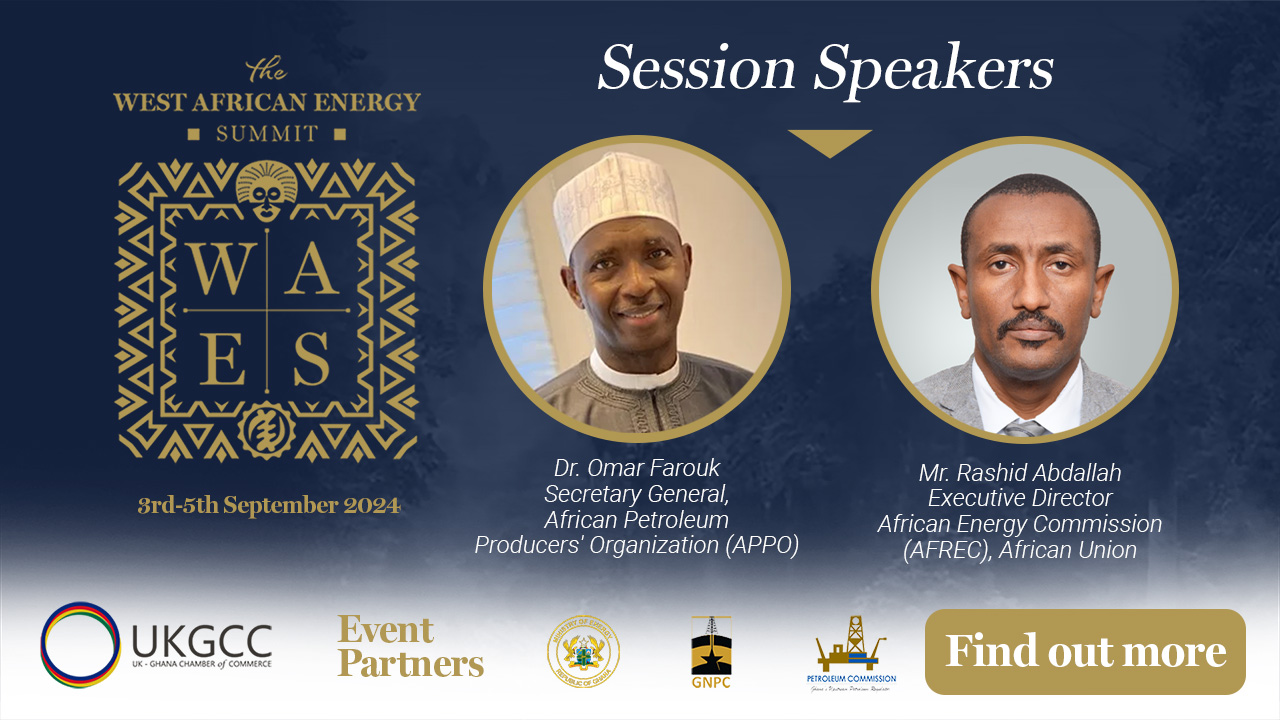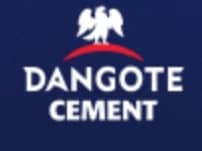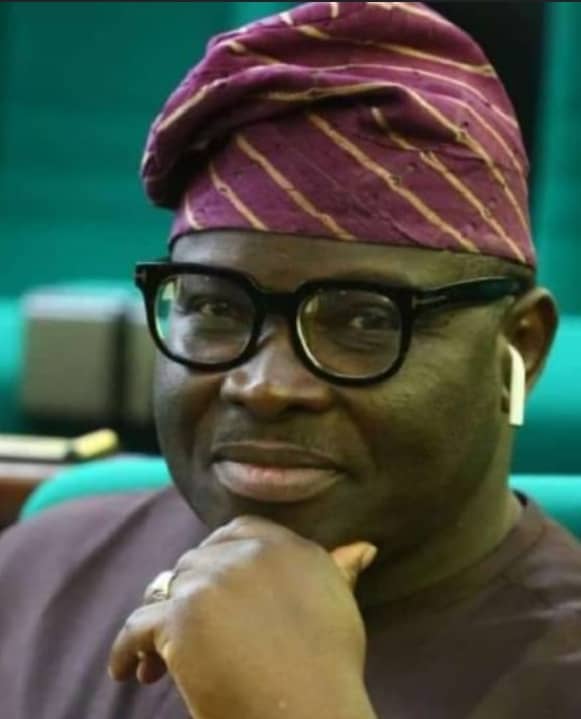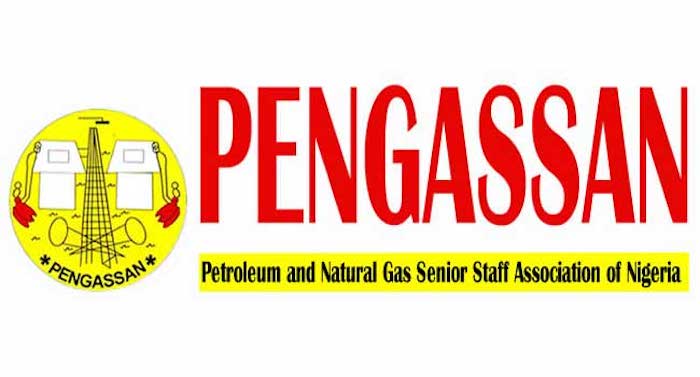
West African Energy Summit Announces Farouk, Abdallah As Keynote Speakers
Mohammed Shosanya Dr Omar Farouk, Secretary General of the African Petroleum Producers Organization (APPO), and Mr Rashid Abdallah, Executive Director of the African Energy Commission (AFREC), African Union,have been announced as keynote













